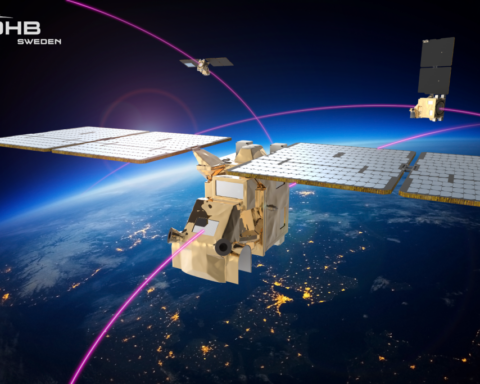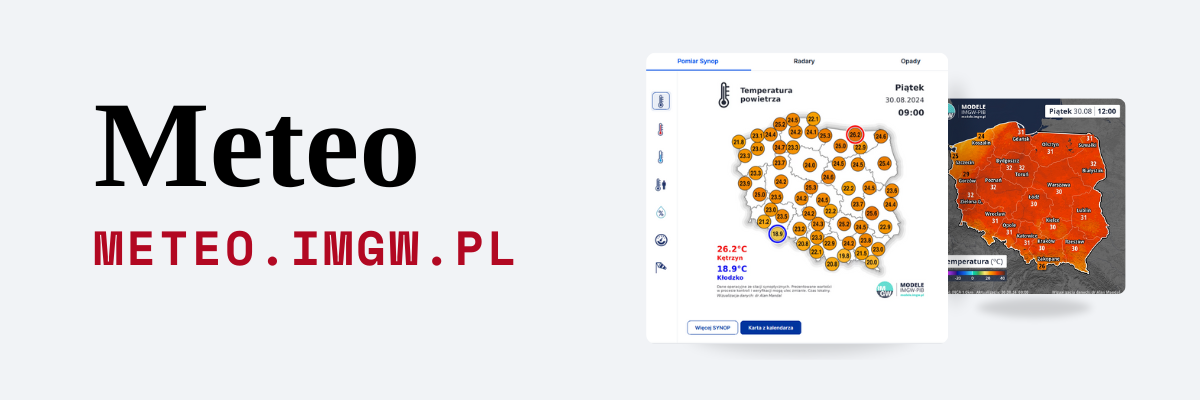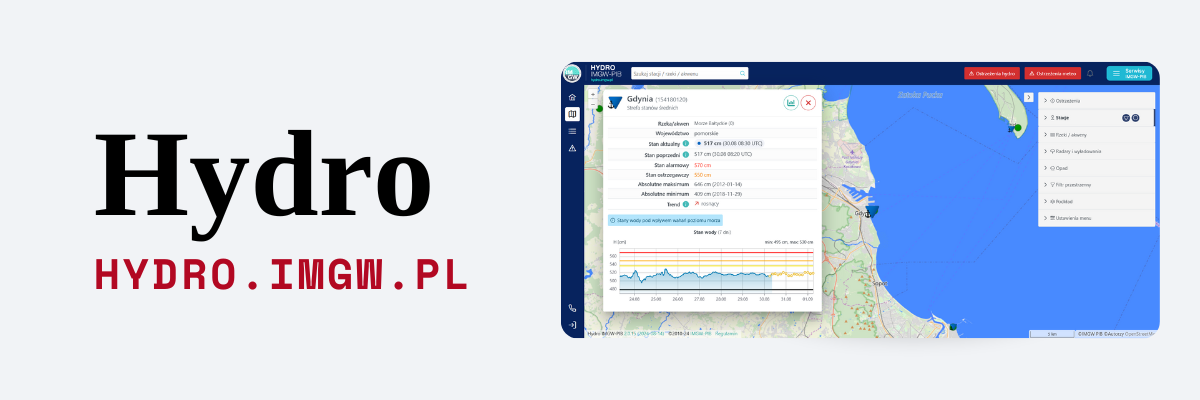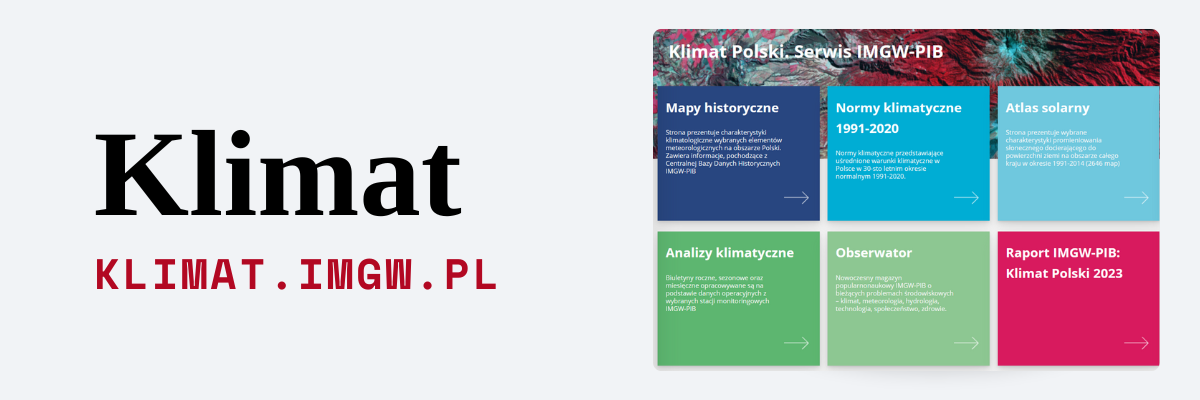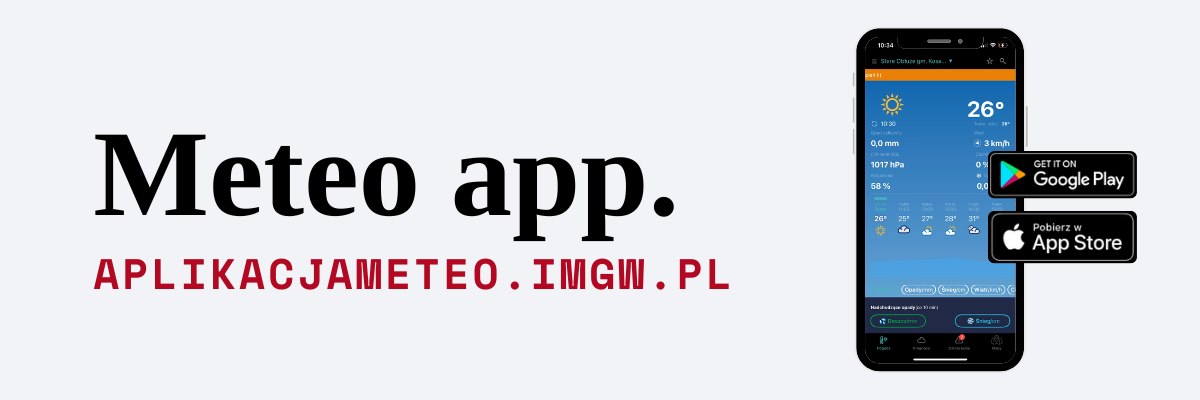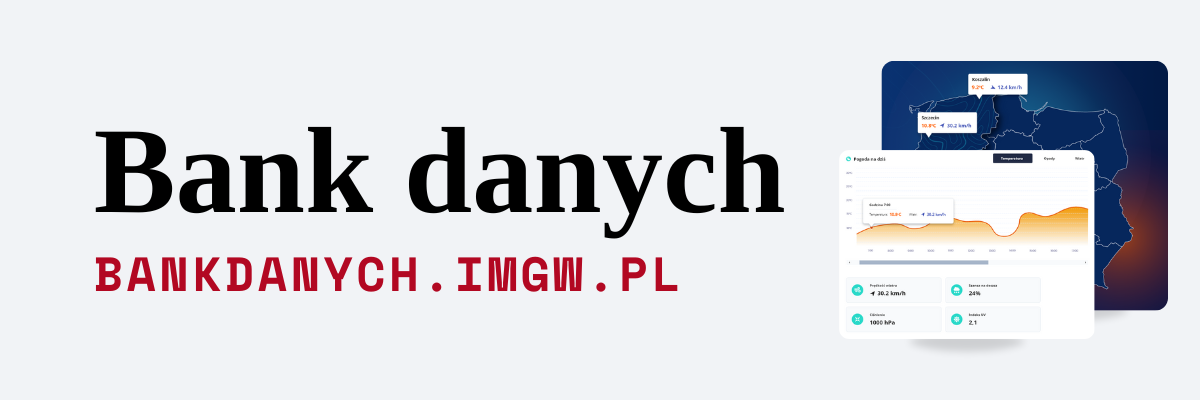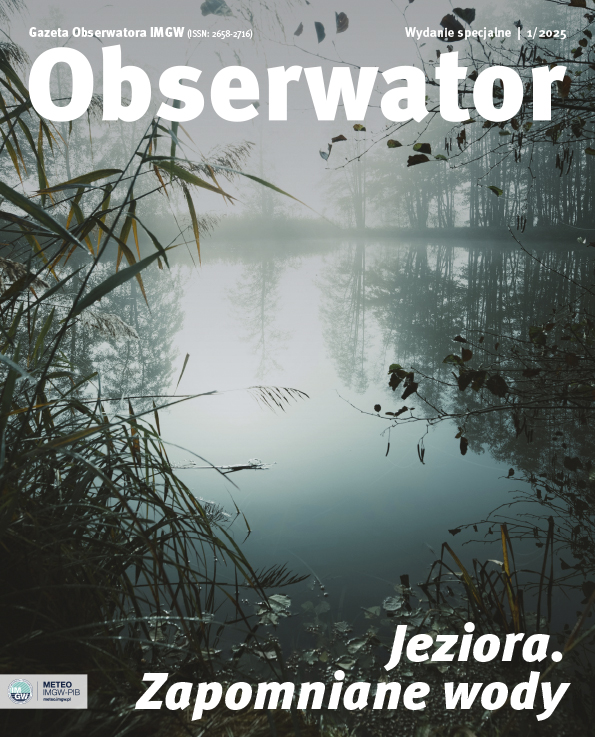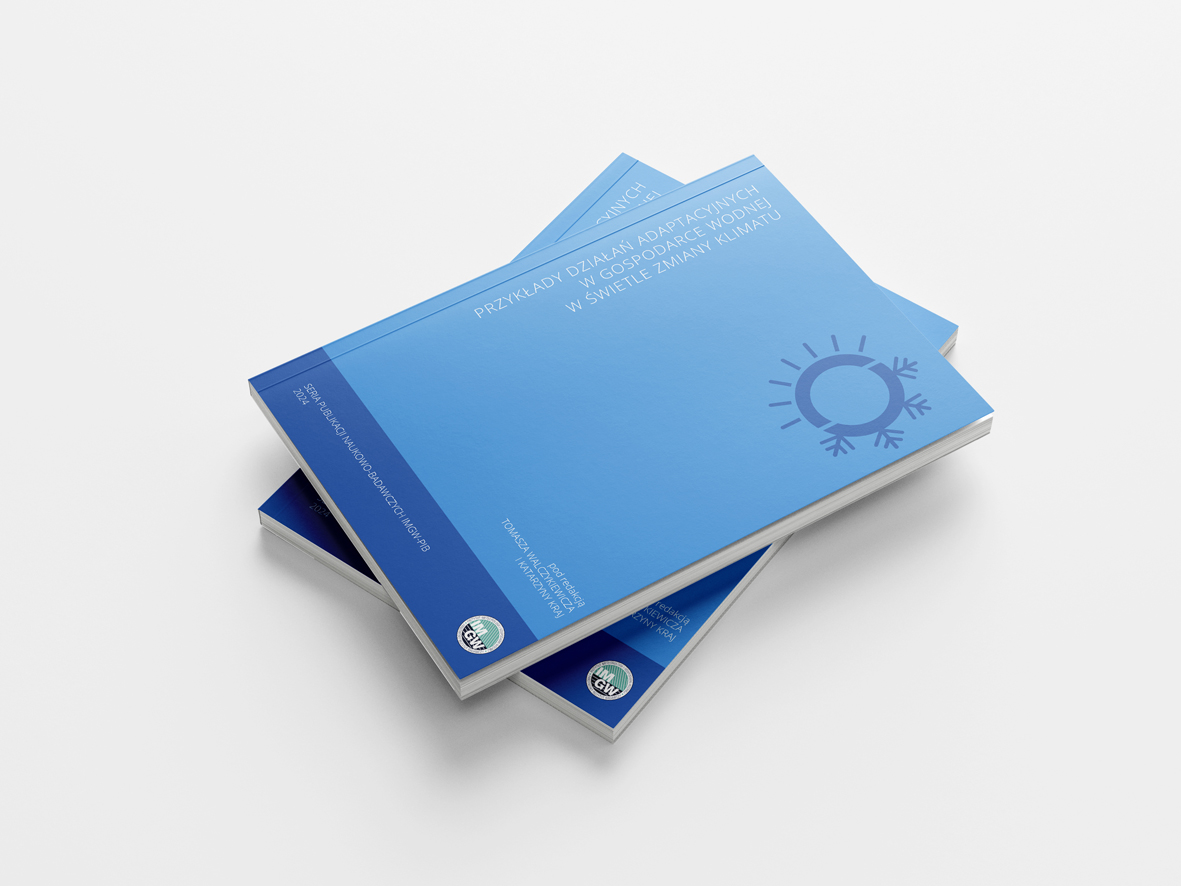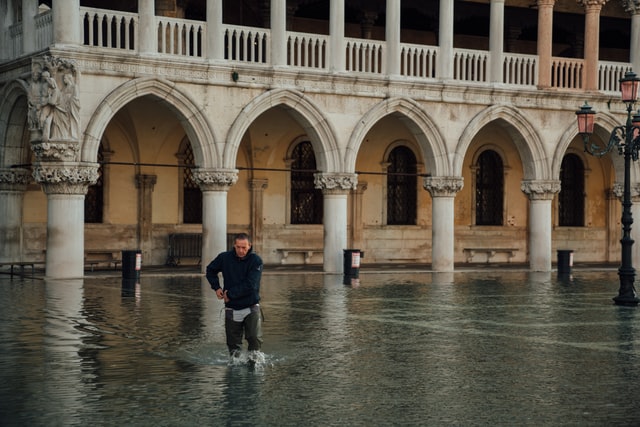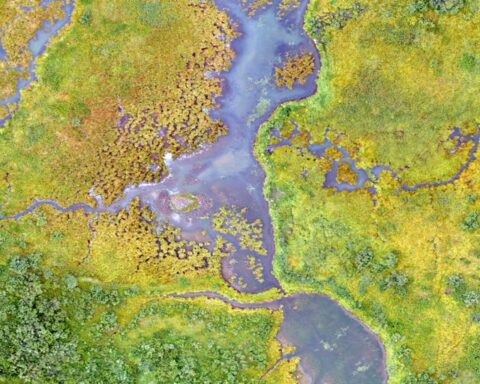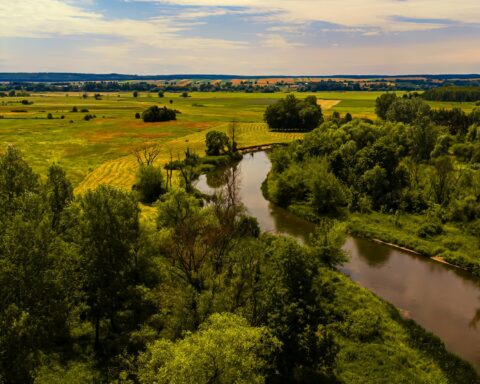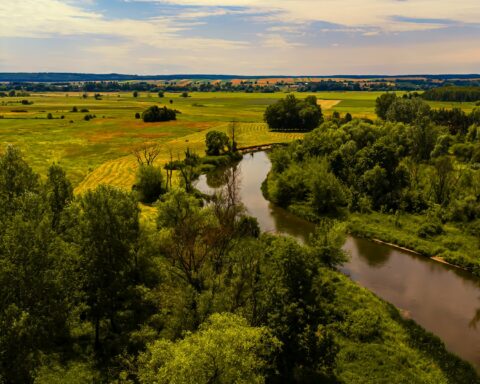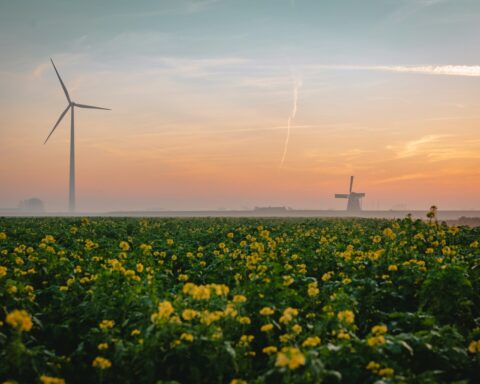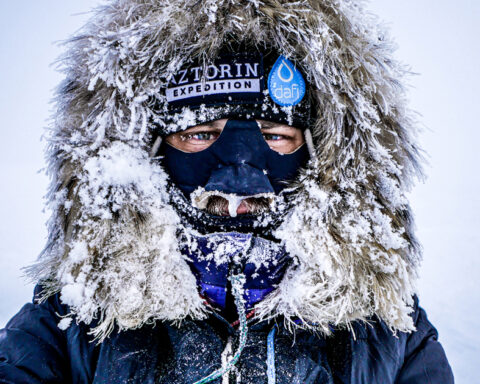The climate is changing. There is no Planet B, and we are running out of time. What about the future of the next generations? You have to learn to understand your surroundings and atmosphere. We hear all this every day. Are we doing something? Do we draw conclusions? A part of society does, but is it the majority? Probably not. Only when hurricanes, tornadoes, flooding, floods, fires are coming, when we lose our possessions or lack fresh air, we begin frantically to read, analyze the news, comment on it. However, most of us do not know how to give advice and can only share our observations. But, the Internet is roomy, and it can fit us all. That may be a good thing because every voice is heard, and we still have to believe that science and common sense will win.
AUTHOR: Maciej Jaźwiecki, IMGW-PIB
This long introduction is the initiation of a short column on the importance of language and how we talk about the weather, who to listen to, and whether to consider a wider range of warnings.

Detail of forecasts
„In the vast area of the country, the cloud cover will be moderate, with more clearing. Temperature from 10 to 15 degrees on the western ends. In the afternoon we can expect some showers in the south of the country”. Well… then what? Sweater or jacket? The south of the country…, in the case of Poland, the border with the Czech Republic and Slovakia has over 1.3 thousand km long. Where and how much rain can you expect in this area? Rainstorm, light rain? In Rzeszów, Zakopane, Wrocław and Jelenia Góra. This has to change, and you cannot comment on the weather like that. Detail of forecasts should be at least at the voivodeship level and, according to experts in meteorology and hydrology, even at the counties level. It will happen, says the WMO – the World Meteorological Organization and implements new directives and projects. It is happening here and now. As we experience the effects of climate change, we begin to understand how access to energy determines our economic, political, and social life and when we are at the threshold of mass migrations of people seeking better life and water. Therefore, at the IMGW, synoptic forecasts have been prepared with a division into key voivodeship cities since 2020. These needs were analyzed in autumn 2019 and implemented. Now it’s time for the next step and going down, i.e. to the counties. Fortunately, meteorological models allow us to see more and more in advance. The information about the storms related to the Eunice hurricane that hit Poland on February 18 and 19 was given by the Institute on Monday, four days earlier. That is what the meteorological services must operate, but more importantly, we, the people and businesses, and politicians must listen and respond appropriately. This is the basis for prevention and risk reduction.
Experts not experts?
I am not a supporter of continuous development because the pace is too fast. We cannot enjoy what is and take care of the environment. There are already new solutions, not necessarily ones that respect the planet and people in their DNA. We are losing a moment of reflection. I am convinced that learning and deepening one’s knowledge is the key in every industry nowadays, but it must be done organically and not at any price. For climate science, a broad perspective is essential. Development plans and visions must be correlated not only with the conditions and social relations prevailing in a given area, as well as with economic opportunities and constraints but also with the environment and climate. The key is meteorological modeling. It allows you to predict the nearest future, a week or a month, but also a slightly further.
I am impressed by a wide range of amateurs who, in many cases, have incredibly profound knowledge. I am not saying they can compete with scientists, practitioners, and authors of respected publications. Still, I believe that their involvement and experience are important and needed, even necessary when talking about weather and climate. It can be seen mainly on Twitter. Their success comes from passion. And although amateur meteorologists are becoming a significant element of the entire system, analytics and solutions that only individuals with powerful data processing resources can „afford” remain the key. We must listen to scientists, even if we believe that sometimes an apprentice can outgrow a master.
How about 1-5?
This is a complex subject. At the moment, there is a 3-level warning scale in force in Poland. Many experts speak clearly that it should be extended to at least five levels. Why? Because climate change determines that. As the frequency of extreme weather phenomena increases, questions arise about our safety. Can we move without worrying about health and life with the 2nd level alert? Is the „three” already a shutdown and a red alert that says stay in a safe place? How thin is this line? Perhaps a 5-level scale is a right solution? Let’s look at it this way, when we hear that there is a 3-level alert on a 5-level scale, we know the risk is high but acceptable. At „five”, there is no room for divagations – it is a life-threatening alert. The same principle works the other way around – the”one” is only general information that the weather is changing, and we should be vigilant.
Does such a wide-scale make sense? Perhaps so. However, it must be part of the system solution because services such as the Fire Brigade or the Government Security Centre operate based on IMGW-PIB alerts. I am sure that a change of approach will be forced on us by the climate and the expectations of society and business. Of course, the alert system must be differentiated for hazards related to storms, downpours, or extreme temperatures and will require proper interpretation, but this is the next step.

MACIEJ JAŹWIECKI. IMGW-PIB expert, editorial advisor of MHWM magazine (IMGW-PIB scientific journal). Since 1994, an expert in communication, marketing, and management of organizations, including changes, rebranding, and business transformation. Since 2019, he has been creating the IMGW-PIB Communication Team.

